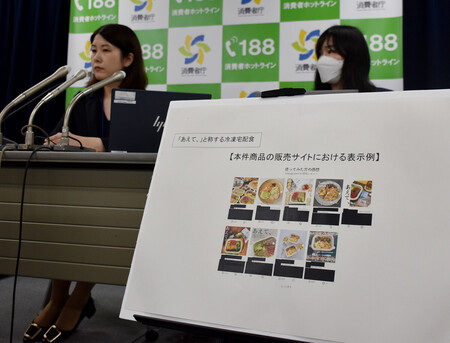Ajinomoto, a major food and seasoning company in Japan, is suspected of engaging in stealth marketing practices related to their frozen home food products. The firm allegedly promoted these products without disclosing the marketing maneuver, an issue that has triggered concerns among consumers. The exact time and details of the perceived practices remain undisclosed, but public discourse has taken shape concerning ethics in advertising.
Stealth advertising, also known as undisclosed marketing, is considered unethical in Japan. Japanese consumers value transparency and honesty in business transactions, hence any act that compromises these values, including stealth marketing, typically attracts public scrutiny. The issue taps into broader debates on advertising ethics and consumer protections in the country.
The US and EU also strongly encourage transparency in advertising. In both regions, laws are in place to ensure companies fully disclose any paid or promotional content. Any violation of these laws can lead to significant penalties, including fines and the potential damage to the company's reputation.

